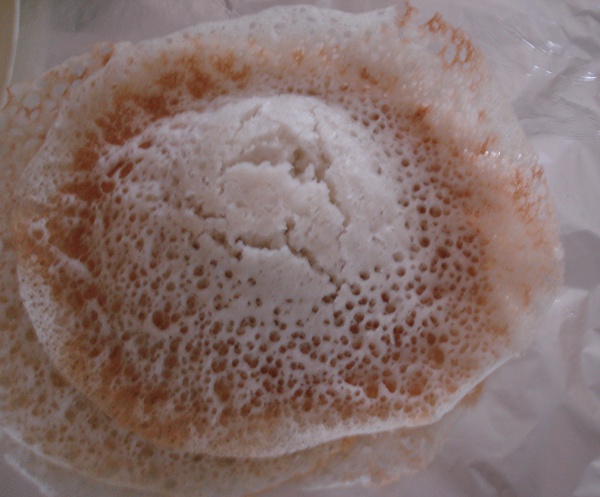Facts About Appam
Appam is a delightful pancake that originates from South India, particularly cherished in Kerala, Sri Lanka, and Tamil Nadu. Crafted from a fermented rice batter and coconut milk, appam is a beloved choice for both breakfast and dinner. Its historical significance is evident, with references found in ancient Tamil literature like the Perumpanuru.
What sets appam apart is its variety. There’s the classic plain appam (Vella Appam), but there are also variations like egg appam, Idiyappam, Achappam, Kuzhalappam, Neyyappam, Unni appam, Pesaha appam, Vattayappam, and even Kue apem. Each type has its own unique twist, catering to different tastes and occasions.
Consider Idiyappam, for instance. This version features rice noodles shaped into spirals, typically served with curry or coconut milk. Neyyappam, on the other hand, is a traditional offering in Hindu temples. Christians in Kerala prepare Pesaha appam during Passover. Vattayappam is a sweet, oil-free treat made with rice flour, sugar, and coconut, reminiscent of the Vietnamese bánh bò, often enjoyed during tea time.
Even in Indonesia, there is a similar delicacy called kue apem. This variant is made from steamed rice flour dough mixed with coconut milk, yeast, and palm sugar, and is typically served with grated coconut. It’s a staple at celebrations and festive events.

 India
India